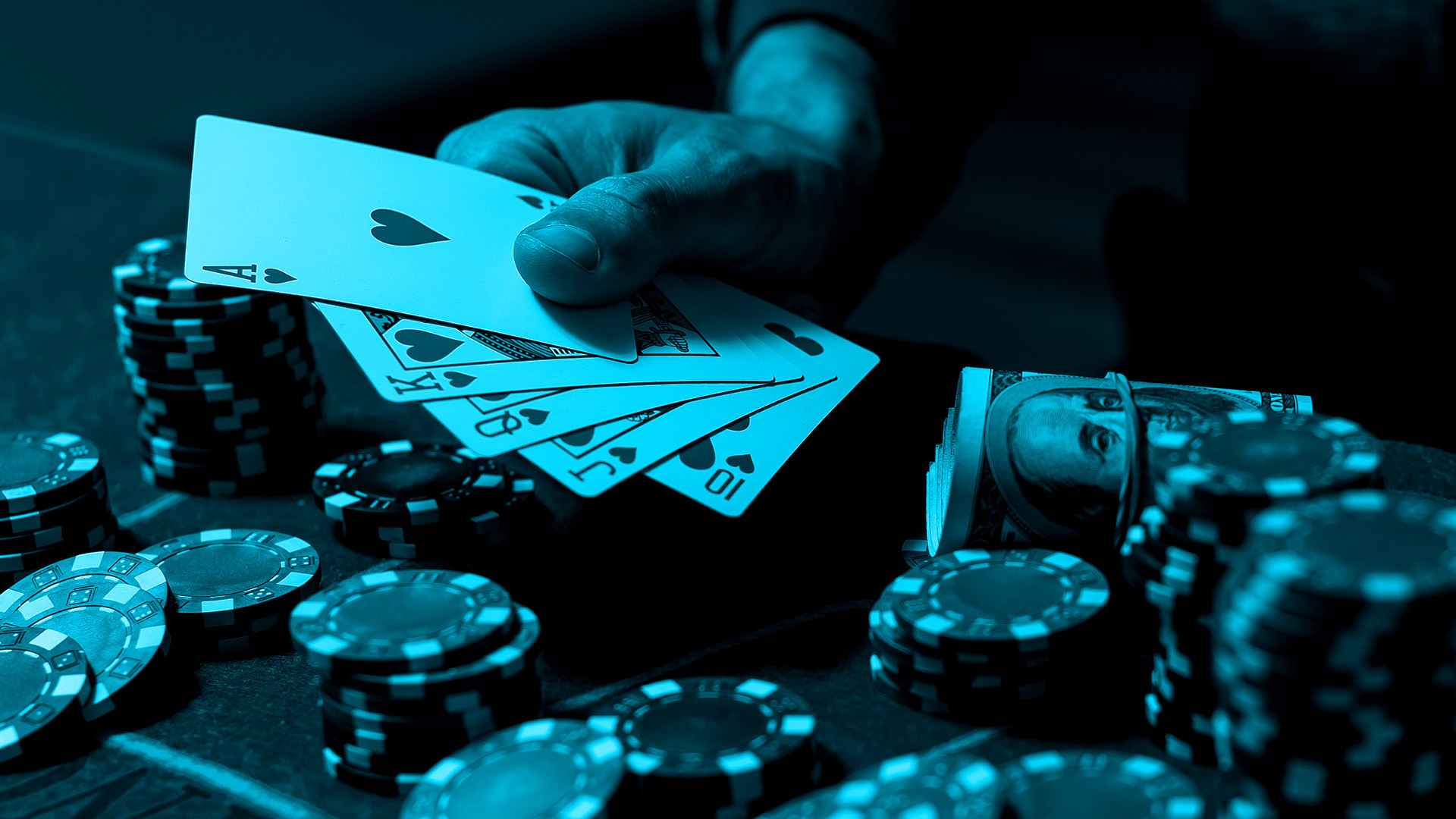
When to Double Down in Blackjack
One of the moves you may have heard about when reading about blackjack is doubling down - which can be a risky move, but the payouts are improved for a winning bet. But what is double down in blackjack, and when are you most likely to use it?
Here, we’ll look at what it means, double down blackjack rules, when you are most likely to use it and when you are most likely to avoid it.
What Does Double Down Mean in Blackjack?
In blackjack, double down is a move that allows you to double your original bet after receiving your first two cards - and in exchange, you simply get one more card before you have to stand.
When To Double Down
Doubling down can be a higher-risk manoeuvre that can increase your potential winnings as you are doubling your stake. Although it's generally recommended to double down if you are dealt with a hand value of 9, 10, or 11, there are some other specific scenarios where it's advantageous:
If the dealer has a weak upcard
If the dealer has a weak upcard, typically 2 through 6, and you have a hand value of 9, 10, or 11, it's considered a better situation to double down. The likelihood of the dealer going bust is higher.
Soft 16 to 18 against a weak upcard
If you have a soft hand (a hand with an Ace) with a value of 16, 17, or 18, and the dealer's upcard is between 2 and 6, doubling down can be a good move as it gives you a better chance of improving your hand even more.
Hard 10 or 11 vs. any upcard
If you have a hard 10 or 11, doubling down is often a popular move, no matter the dealer’s upcard, as these hand values have the potential for improvement.
Remember, the key to successfully doubling down is understanding the rules of the game you are playing, and the dealer's upcard versus your hand value. Although the above scenarios are considered to be the best opportunities to double down, there are never any guarantees.
When To Avoid Doubling Down
However, knowing when you should avoid doubling down in blackjack is just as important as knowing when to do it. That being said, here are some scenarios where you might consider avoiding doubling down.
Weak Hand Value
If you are dealt with a hand that has a value of less than 9 or 12 while the dealer has a strong upcard (7 or higher), it's generally unwise to double down as it increases the risk of busting without a strong chance of beating the dealer.
Soft Hands
Avoid doubling down with soft hands of 7 or higher that contain an Ace, especially when the dealer's upcard is strong. You may risk devaluing your Ace and actually end up with a weaker hand.
Limited Bankroll
If you have a limited bankroll and doubling down isn’t included in your budgeting, you should avoid higher stakes.
In any scenario, it can be helpful to make your decision based on the strength of your hand versus the strength of the dealer’s upcard. Ultimately, a double down bet is something you should approach with caution and avoid placing blindly without considering your hand and the dealer’s face-up card.
Knowing When to Double Down
When playing, you can utilise a strategy card to know the best scenarios and those when you should avoid doubling down.
Download our strategy card for an easy method for getting the most out of different double down scenarios.
How to Double Down
Here's how you can go about doubling down in a game of blackjack:
- Once all bets are on the table, the dealer will deal two cards to everyone, including themselves.
- After you receive your initial two cards, you can choose to double down if you think that adding one more card will likely lead to a winning hand. To do this, you will need to make an additional bet of the same value as your original bet.
- After doubling down, you will be given one more card from the dealer, which will be dealt face-up.
- Once you receive your third card, you cannot receive any more - you have to stand and play the hand you have.
- Depending on the value of your three-card hand, you will either win, lose, or push (tie) against the dealer's hand.
Double down can be a good option - as long as you use it logically based on your hand and the dealer's face-up card. Despite using a blackjack strategy to decide whether you should double down, the outcome ultimately comes down to chance, as the next card drawn is random.
When playing online blackjack, there will be a designated button to place your bet if you would like to double down.